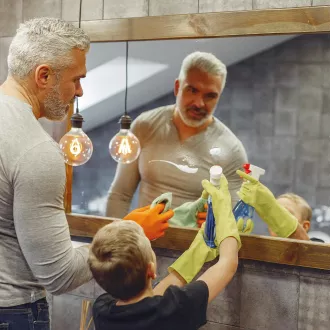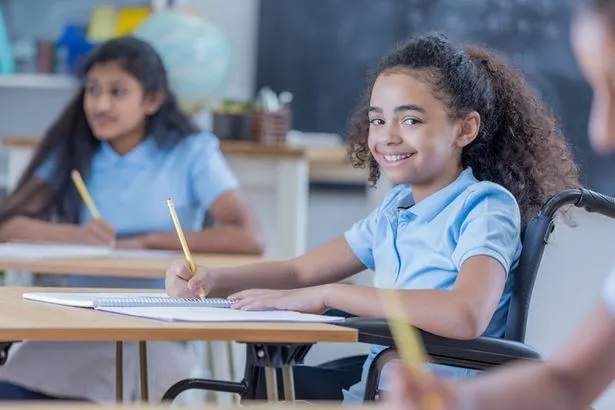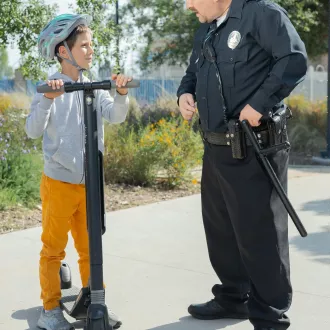Transcription How does autonomy influence child development?
Autonomy is a fundamental skill in child development, as it allows children to explore, learn, make decisions and build their identity. As children grow older, they need more and more independence to face new challenges and acquire new skills. Autonomy is essential for the development of a child's self-esteem, confidence, security and emotional well-being.
Reference
Autonomy refers to a child's ability to make decisions and act on them independently. It is important to note that autonomy does not mean that children should do everything themselves, but that they should have the ability to choose and act on their decisions. Parents and caregivers can help foster autonomy in children by providing them with a safe and supportive environment to explore and learn.
Autonomy relates to different areas of child development, including physical, emotional, social and cognitive development.
Physical development
Autonomy in physical development refers to the child's ability to perform daily activities such as dressing, feeding, grooming, and household chores. By allowing the child to do these tasks on his or her own, parents and caregivers are fostering independence and self-esteem. At first, it may be difficult for the child to perform these tasks independently, but with practice and proper support, they can develop skills and self-confidence.
Emotional development
Autonomy in emotional development refers to a child's ability to identify, express and regulate their emotions. By fostering emotional autonomy, parents and caregivers are helping the child develop self-esteem and self-confidence, enabling them to make decisions and act on their emotional needs.
Social development
Social developmental autonomy refers to the child's ability to interact with other children and adults independently.
By fostering social autonomy, parents and caregivers are helping the child develop social and emotional skills, which will enable them to establish heal
autonomy development nino




